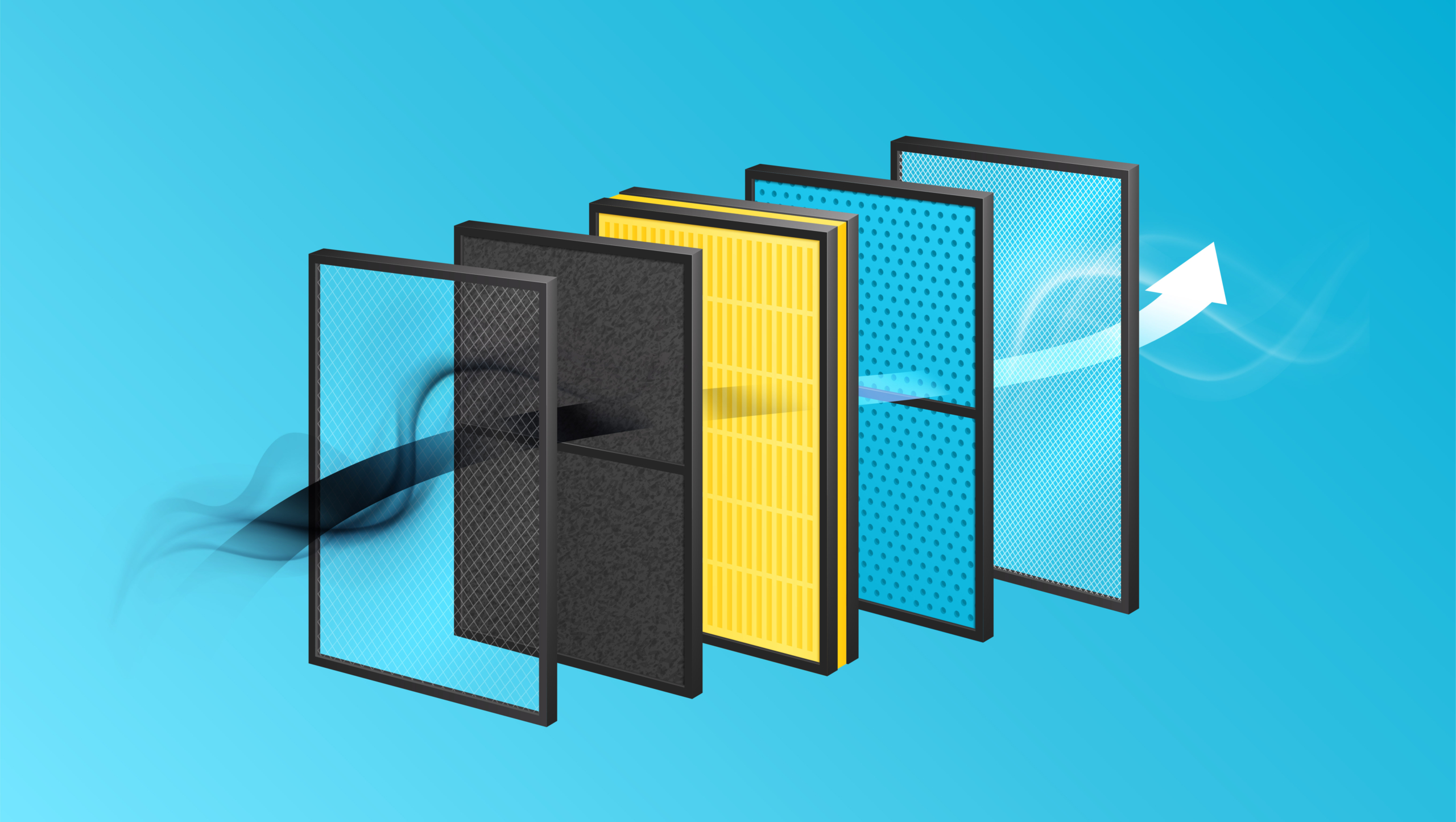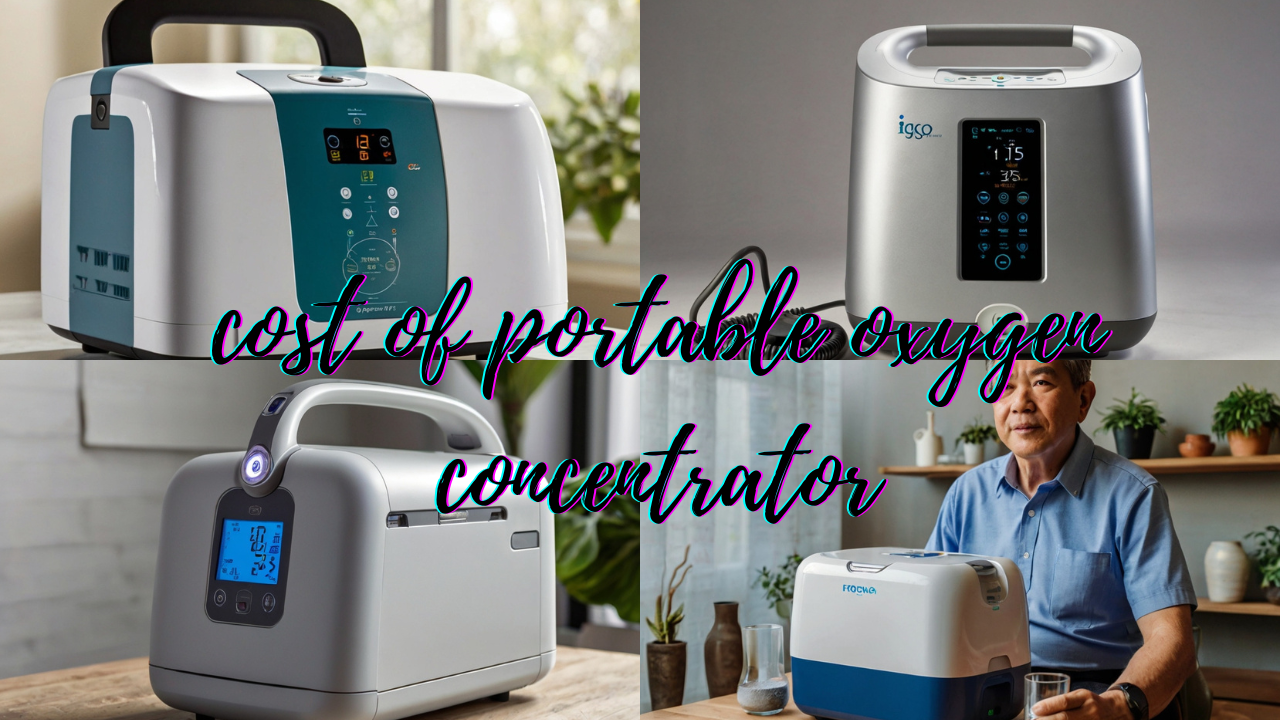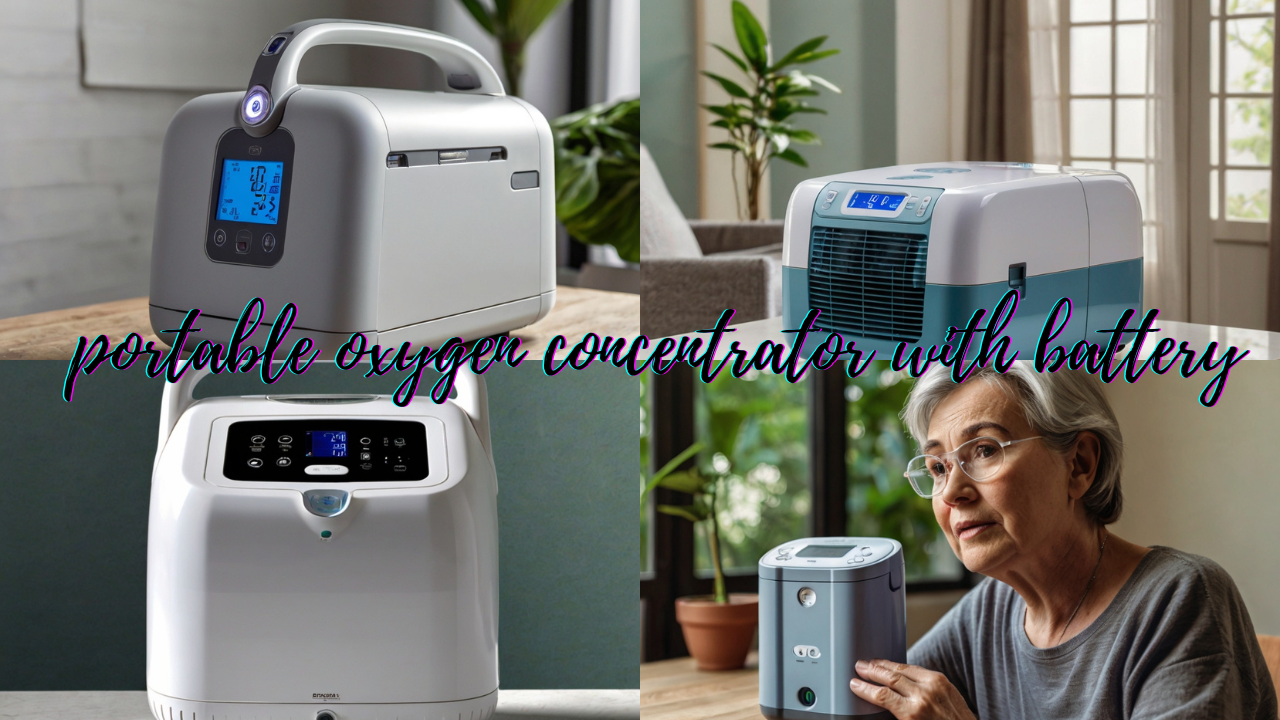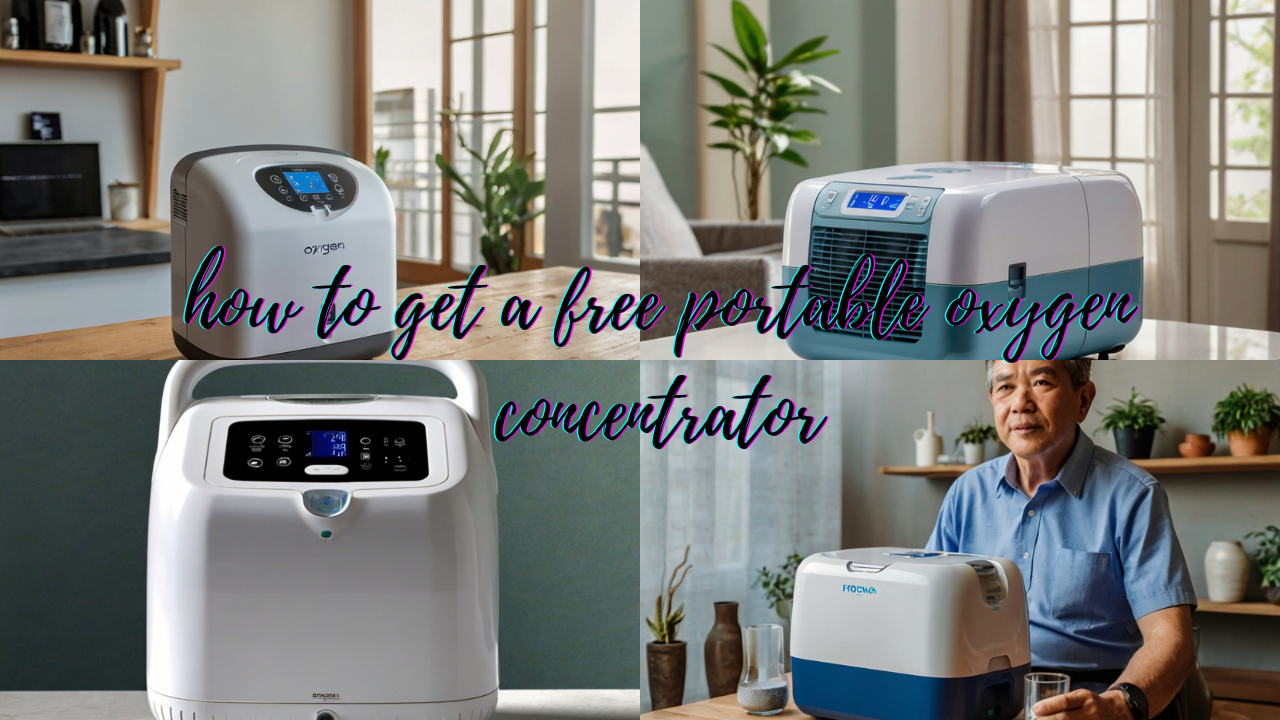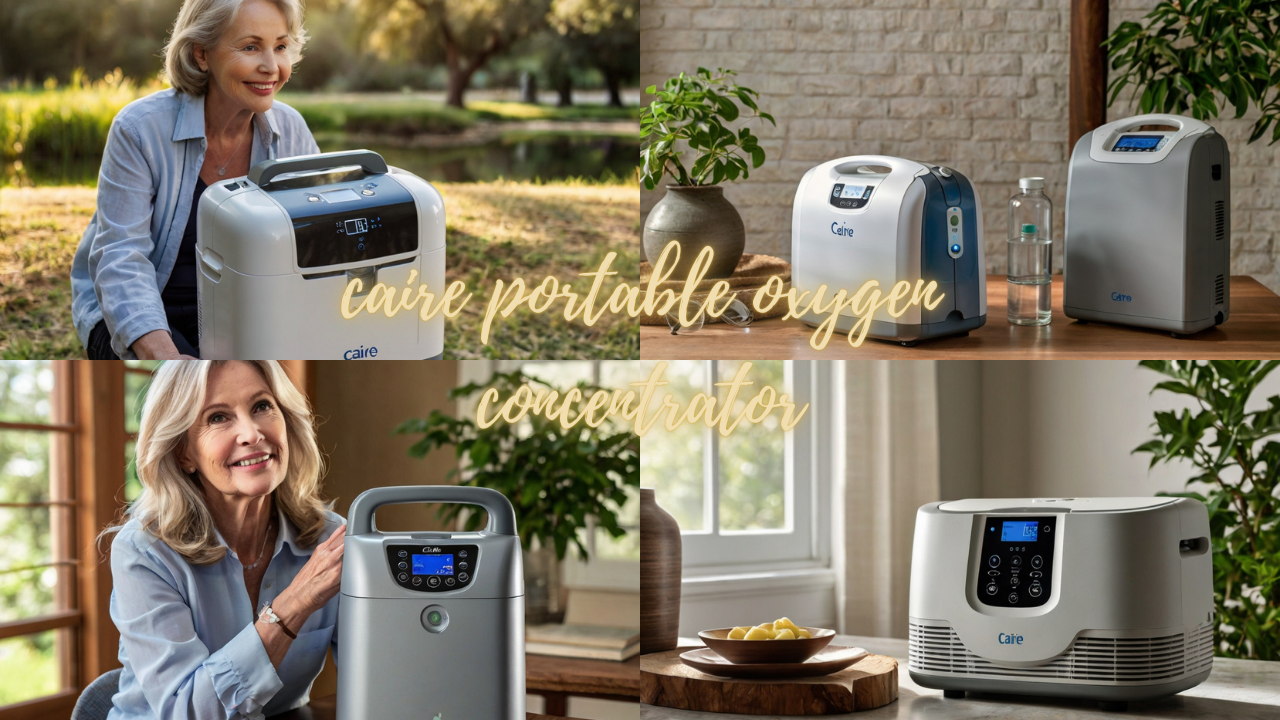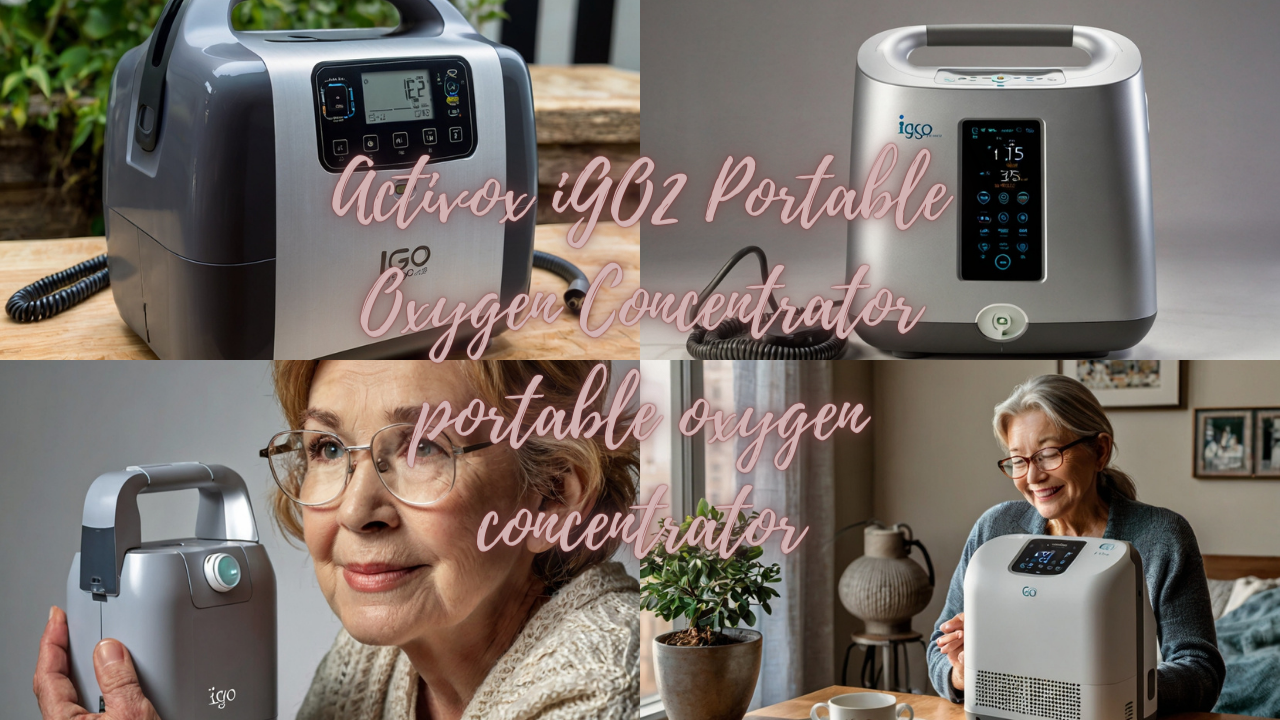Creating a comfortable and healthy living environment involves more than just setting the thermostat at the right temperature. Your home’s indoor air quality plays a crucial role, and one of the key elements in maintaining it is choosing the right furnace air filter. In this guide, we’ll delve into the world of furnace air filters, exploring their types, benefits, and essential considerations to ensure your HVAC system operates at its best.
Understanding the Role of Furnace Air Filters
Furnace air filters play a crucial role as the primary defense against airborne particles, allergens, and pollutants that circulate within your home’s HVAC system. These filters are integral to maintaining optimal indoor air quality, directly influencing the air you breathe. Beyond their impact on air purity, furnace air filters are pivotal for ensuring the efficiency and longevity of your heating and cooling equipment. By capturing and trapping particles, these filters prevent contaminants from entering and potentially damaging the HVAC system. In doing so, they contribute to a healthier living environment and extend the lifespan of essential heating and cooling components. Choosing and maintaining the right furnace air filter is essential for a harmonious balance between indoor air quality, energy efficiency, and the overall longevity of your HVAC system.
Types of Furnace Air Filters
There are various types of furnace filters available, each with its own set of characteristics and benefits. Common types include fiberglass filters, pleated filters, electrostatic filters, and HEPA filters. The choice among these depends on factors such as your specific filtration needs, budget, and the compatibility with your HVAC system.
Factors to Consider When Choosing a Furnace Air Filters
Size Compatibility
The size of the furnace air filters is crucial. Using the wrong size can lead to air leaks, reducing the filter’s effectiveness. Refer to your HVAC system’s manual or measure the existing filter to determine the correct size.
MERV Ratings
Minimum Efficiency Reporting Value (MERV) ratings indicate a filter’s ability to capture particles. A higher MERV rating corresponds to better filtration. Consider your household’s needs when selecting a filter with an appropriate MERV rating.
Allergen and Particle Filtration
Identify specific allergens or particles you want the filter to capture. If allergies are a concern, opt for a filter designed to trap common allergens like dust mites, pet dander, and pollen.
Budget Considerations
Furnace air filters come in a range of prices. While it’s tempting to choose the least expensive option, investing in a higher-quality filter can lead to long-term savings by extending the lifespan of your HVAC system and improving energy efficiency.
Types of Furnace Air Filters in Detail
Fiberglass Filters
These are the most basic and economical options. While they are suitable for capturing larger particles, they may not be as effective at trapping smaller allergens.
Pleated Filters
With a larger surface area, pleated filters offer improved filtration efficiency compared to fiberglass filters. They are effective at capturing both large and small particles.
Electrostatic Filters
These filters use an electrostatic charge to attract and trap particles. They are particularly efficient at capturing smaller particles and can be either disposable or washable.
HEPA Filters
High-Efficiency Particulate Air (HEPA) filters provide the highest level of filtration, capturing particles as small as 0.3 microns. These filters are ideal for those with severe allergies or respiratory issues.
How to Measure and Replace Furnace Air Filters
Proper measurement of your existing filter is essential when it comes to replacement. Consult your HVAC system’s manual for guidance or measure the filter directly, noting the dimensions and any size specifications. Regularly replacing your filter is crucial for optimal performance and air quality. Follow the recommended replacement schedule, typically every 1-3 months, depending on filter type and usage.
Benefits of Using High-Quality Furnace Air Filters
Improved Indoor Air Quality
High-quality filters effectively capture and remove a wide range of particles, leading to cleaner and healthier indoor air.
Extended HVAC Equipment Lifespan
By preventing dust and debris from entering the HVAC system, quality filters contribute to the longevity and efficient operation of your heating and cooling equipment.
Energy Efficiency and Cost Savings
A clean and efficient HVAC system consumes less energy, resulting in lower utility bills. Investing in a quality filter pays off in the long run through reduced energy consumption.
Maintenance Tips
Regular maintenance is essential to ensure your furnace filter operates at its best. Perform routine inspections, and replace or clean the filter as needed. Signs of a clogged or dirty filter include reduced airflow, increased energy consumption, and visible dust or debris on the filter.
Also Read: Revolutionizing Clean Air: The Top 5 Smart Air Purifiers of 2023
Choosing the right furnace air filter is a crucial step toward creating a healthier and more comfortable home environment. Consider your specific needs, budget, and the compatibility of the filter with your HVAC system. Regular maintenance and investing in high-quality filters contribute not only to improved indoor air quality but also to the efficiency and longevity of your HVAC equipment. Take control of your home’s comfort by making informed decisions about your furnace air filters.
Neha Pant.


